Censoring drama productions feels inauthentic to an actor’s craft
September 9, 2014
With the school’s One-Act auditions finalized, I have major issues concerning the censorship of specific words, and I don’t think I am the only one.
I am the lead in this year’s One-Act play, titled The 39 Steps. The first day we received our script, the rest of the cast noticed the occasional bit of profanity pop up. Nothing major, mind you, just minor swear words written in old-fashioned language. The questionable material would not make a 21st century high schooler blush. But drama teacher Mrs. Oz told us to either block it out completely or make it sound appropriate, per our school’s administrative request to keep the play as “clean” as possible.
Mrs. Oz informed me that she had to contact Samuel French, the publisher of the play, to get permission to alter the text, which shocks me that the publishers of this text would even agree to alter the original text. I refuse to believe we should censor out material. Just for general knowledge, censorship means “the practice of officially examining books, movies, plays, etc. and suppressing unacceptable parts,” which is exactly what we were asked to do for The 39 Steps, which mind you was first written as a novel in 1915 and then later created into a film in 1935.
Being the lead in the play, I think saying what is actually written in the script makes the play more believable and authentic. Since only a few swear words appear in the script, the profanity should not distract the audience in the slightest. In a play, if you change the content of a script, it prevents characterization, a vital component for the lead role. If the school allows us to perform the play, I believe I have the right to use the borderline-profane material in the script.
What about English classes that read these plays and analyze them for their content and thematic materials? We need to recognize that for current high schoolers, profane and inappropriate content runs rampant on their television shows, their cell phones, and in their conversations with one another in these hallways—far more inappropriate than anything that The 39 Steps would ever suggest. We don’t censor Shakespeare in Romeo and Juliet, when the Nurse has been widely considered one of the most controversial and inappropriately sexual characters ever written.
According to Valerie Strauss in her 2009 The Washington Post article titled “Should student drama productions be restricted to PG themes?” she claims that no matter what the Supreme Court or the school says, certain types of censorship are an assault of the student’s freedom of speech. Read her article here.
My favorite part about acting is forming into a whole new persona and portraying him to the best of my ability. The script helps form the personality of the character, and when words are taken from the script, especially when these words really portray the integrity of the show. By choosing to edit these words, this damages the authenticity of an actor’s craft.
For this only being my second real play, I am incredibly grateful that Mrs.Oz chose me for the lead. That being said, I still believe that we should not censor certain material. Other schools, such as Pebblebrook, allow certain words to be said, which allows them to show more character. Pebblebrook, being a performing arts school, realizes that students should be able to say these words to really bring out their role.
One concern Mrs. Oz had and one justification for censoring the language is with our audience. She worried that family members that regularly attend our plays might not appreciate the words that concerned her. The play has been labeled as a “for all ages” show, but the majority of those who attend should anticipate that a high school play might have high school content.
Although cutting lines from the script does not prove the most egregious act, we as high schoolers should have the right to literally read and perform what has been present in an award-winning and notable script for decades, especially for One-Act, as it remains a competition, and competition requires the highest of standards and accuracy to demonstrate drama’s craft.












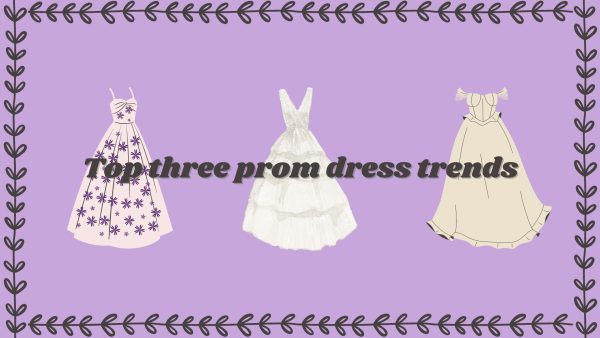
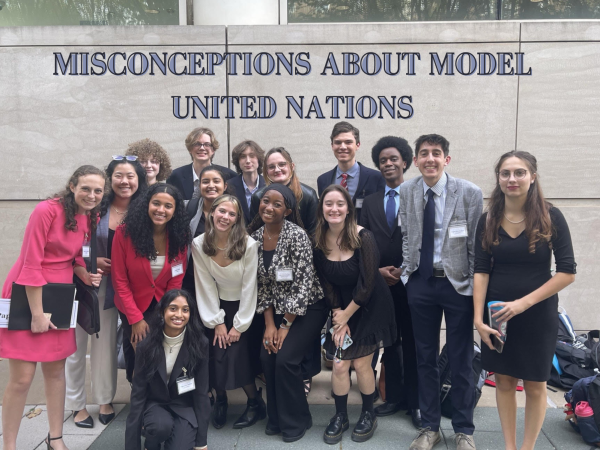
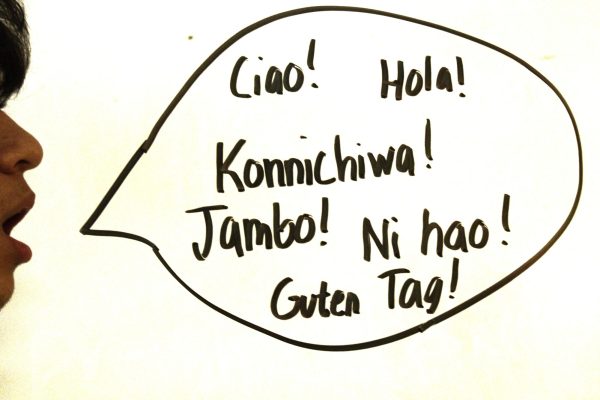

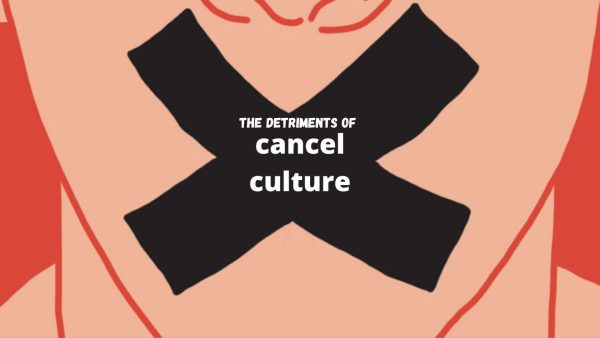
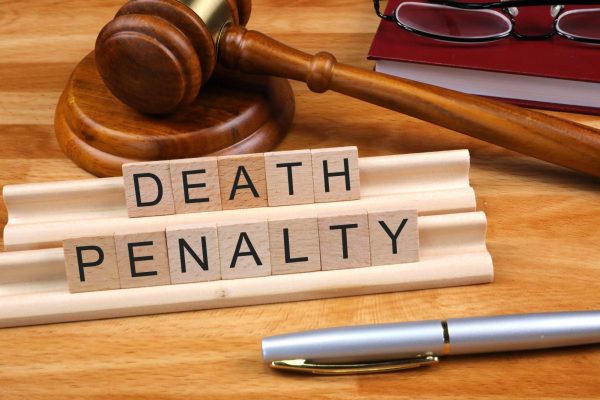
Kimo • Oct 3, 2014 at 8:31 AM
Preach!